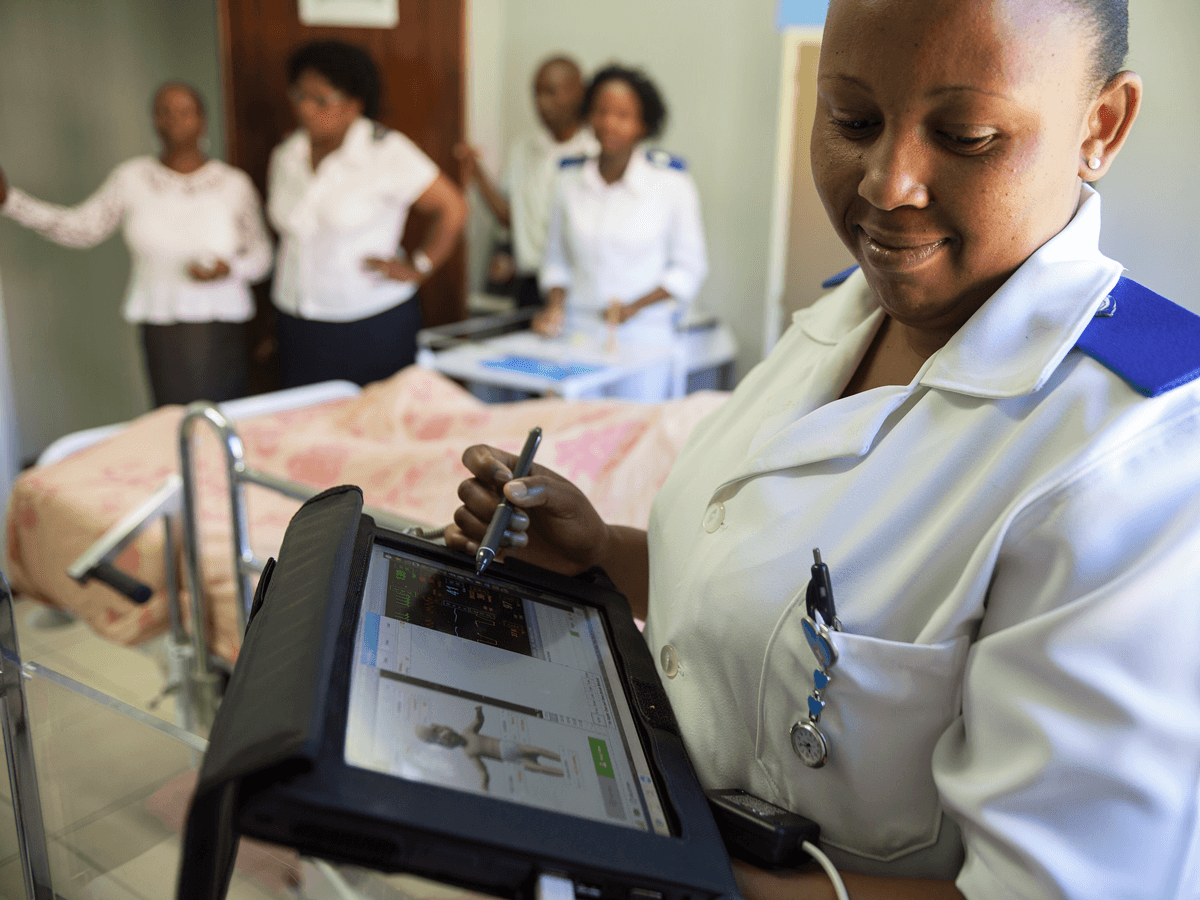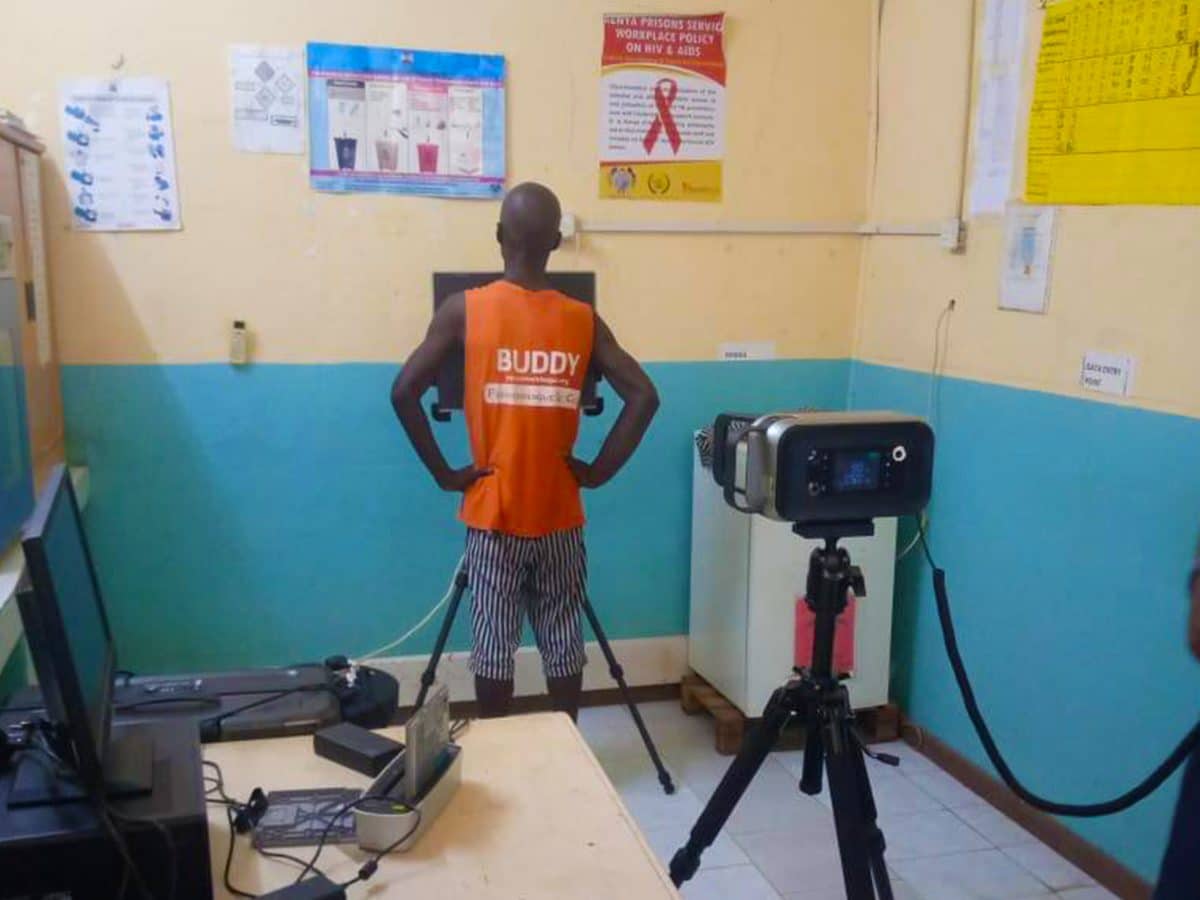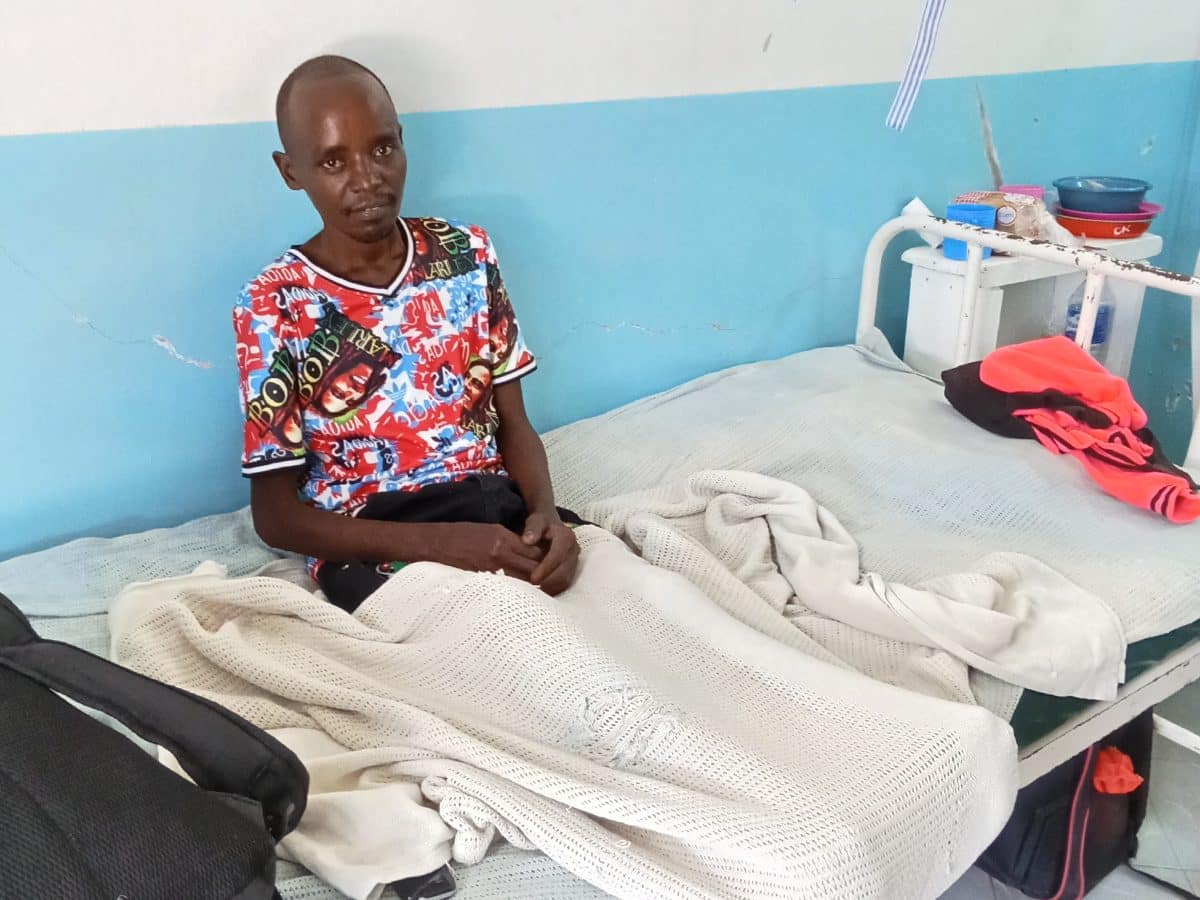For Lesotho, a small rural country with a population of two million and an HIV prevalence rate of 23 percent, strengthening strategic information systems so program managers have actionable data to inform their decisions is a critical step to improving HIV care and treatment services. Historically, Lesotho has had parallel paper and electronic reporting systems, making it difficult to track program achievements or detect potential bottlenecks. Typically, patient data for tuberculosis, HIV, and other key health programs have been submitted on paper to multiple units and then transferred using multiple electronic tools, with little or no analytics or information exchange across systems.
“Imagine over 300 health facilities tracking HIV records on paper,” explains M’e’ Morongoe Nyakanae, monitoring and evaluation officer at the Ministry of Health in Lesotho. “We were so buried in paperwork, there was no time to verify, interpret, and use the information for program planning and improvement.”
To address these challenges and help unify the Health Management Information System (HMIS), ICAP is partnering with the Ministry of Health to improve data use and management by implementing the District Health Information Software (DHIS2), an easy-to-use system that allows different health programs to enter patient information into one unified platform.
With funding from PEPFAR through CDC, ICAP conducted a national assessment of the existing HMIS in Lesotho and then used the results to develop a national web-based DHIS2 reporting system for all health programs. The new platform can house large datasets securely and reliably, and has data management, analysis, dissemination, and feedback tools that enable program managers to monitor targets and make implementation decisions. Going forward, data that are easily disaggregated by facility can help identify specific health facilities that are struggling to meet targets or have data quality issues. Before launching the new system, ICAP trained 10 central Ministry of Health staff, over 50 district-level users, and more than 25 program managers on how to utilize the DHIS2 system effectively.
“Harnessing data using a standardized and unified system is necessary to monitor program achievements, and quality is central to Lesotho’s efforts to support new PEPFAR treatment targets,” explains Suzue Saito, lead strategic information advisor at ICAP and principle investigator of the project.
The DHIS2 system has since been rolled out centrally and across all of Lesotho’s ten districts, and now covers all 333 health facilities throughout the country. It houses over 40 million records and 33 datasets related to key technical areas, including HIV care and treatment, HIV testing and counseling, voluntary medical male circumcision, TB, and maternal and child health. ICAP also procured 55 tablets and faster modems that health workers are using to collect data at the health facility level and transmit it to the DHIS2 reporting system at the district level.
“We have made remarkable progress,” said Dr. Tsigereda Gadisa, chief of party for the Strategic Information Project, Lesotho. “The system has improved data information management, allowing more in-depth reviews of program data that can help Lesotho continue to improve the delivery of health services moving forward.”








